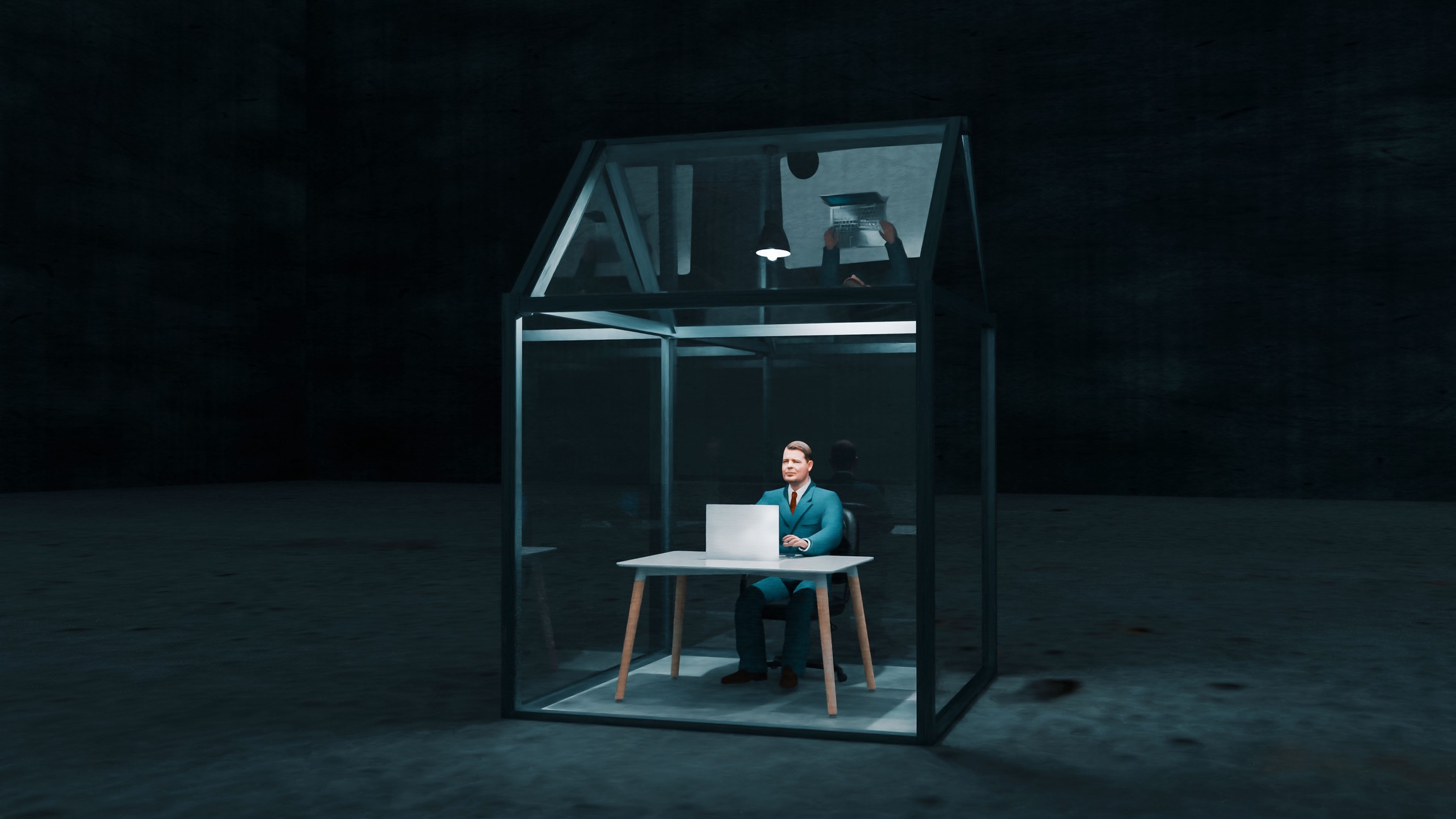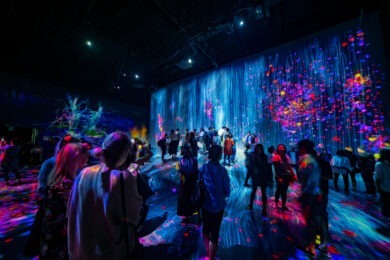It can be frustrating to try to keep up with all the latest Covid safety measures for the workplace. Many medical experts are warning now about another potential Covid surge, and restrictions that were recently lifted are being reconsidered.
At the same time, many people are tired of dealing with the disruption and would rather believe no further precautionary measures are necessary. But with anywhere from 10% to 30% of those who have had Covid still suffering from long-term problems, employers as a whole generally want to take a careful approach to in-person interaction.
Many employers saw remote work and virtual events as a short-term answer to the problem of potentially contracting Covid at the start of the pandemic. But going virtual isn’t the long-term plan for many companies. CEOs rightly worry that holding purely virtual events could negatively affect engagement. After all, a quarter of virtual event attendees only watch around 10% of a given session. As a result, nearly one-third of companies intend to hold in-person events going forward.
The need for, and benefits of, in-person corporate events are clear. Even those who prefer to attend an event virtually often come away realizing that there’s just no replacement for in-person events. Talking to someone face-to-face gives the benefit of being able to observe their non-verbal interaction, plus it makes networking a whole lot easier when you can just walk around and find people to talk to rather than being stuck behind a computer screen.
What creative strategies can corporate event planners and HR professionals use to maximize engagement and bring back in-person attendance safely?
A Time of Transition
While Covid seemed to be in a steady decline in a few key geographic areas, other areas are now seeing an increase once again. Some areas are dropping mask mandates and travel restrictions, while others are reinstating them. Especially in this doubtful time of transition, protecting employees, or representatives from other companies who visit your events in person, isn’t always easy or straightforward. Medical experts worry about the potential consequences of in-person attendance, and many employees question whether they can actually be safe while attending in-person events.
For example, you may have heard about the recent event at the Sunset Towers in Los Angeles. Guests went all out to celebrate, and for the most part they didn’t worry about social distancing or masks. Around 25 people who attended the event have already tested positive for the virus, and as a result it’s being called a super-spreader event. The event stands as a reminder to businesses that there’s still risk in bringing people together without the cautionary measures recommended by the CDC.
The main reason a super-spreader event happens has to do with how transmissible the latest Covid variants are. For example, the BA.2 omicron subvariant is up to 80% more transmissible than earlier variants of omicron. It spreads fast, and that’s why a single corporate event can result in hundreds of cases of Covid over time as attendees inadvertently bring the virus back to their families and friends. And now the BA.5 variant is even more aggressive.
Protecting In-person Attendees

If the latest Omicron variants are so transmissible, how are you supposed to protect your employees and guests at corporate events? Some measures, like requiring masks and avoiding Covid hotspots, are fairly obvious. But others require additional planning and consideration.
For example, some event organizers have chosen to require proof of vaccination from attendees. But merely knowing that someone has been vaccinated doesn’t mean they’re free and clear. What really matters is how recently they’ve been vaccinated. The CDC has made it plain that the vaccinations no longer protect individuals after the first six months, which is why they recommend booster shots.
Imagine requiring proof of vaccination before an event, only to see a large portion of your employees or guests test positive shortly thereafter. It’s an unpleasant prospect. That’s why you should make sure to ask not only whether your employees have been vaccinated but also when they received their latest vaccination or booster.
Read more about protecting attendees at events.
Another consideration is ensuring good ventilation and air quality in an indoor event environment. You should open windows, run the air conditioner continuously with fresh filters and consider using a portable air-filtration system. For example, high-efficiency particulate air (HEPA) filters can potentially provide medical-grade air filtration at an indoor event.
You can also consider planning for point-of-care (POC) testing with new, best-in-class, and highly accurate, microfluidics testing or rapid PCR tests, which can return results in under 12 and 30 minutes. These new technologies and protocols are now affordable and effective.
By testing attendees the afternoon prior to, and on the mornings of events, and admitting those with negative results, your team is now ready to go back to holding safe events. Unfortunately, traditional home and lateral-flow antigen testing are not accurate enough to be effective at corporate events unless they are used both serially for multiple days in advance of, and at, the event.
What If?
Now suppose you’ve taken every precaution and you test attendees right before or during an event, and unfortunately someone still tests positive. What should you do?
As long as Covid is still with us, event planners may also consider a contingency plan to allow hybrid attendance, allowing those who are uncomfortable or unable to attend because of Covid to attend virtually. So if someone does test positive, they can remain quarantined in their hotel rooms and still get the benefits of your event, at least to some extent.
In the evolving age of Covid, it is now far easier to radically improve the safety at live events. And by taking precautionary measures you get to regain all of the advantages of in-person events including productivity, innovation, collaboration and community – while helping make sure your events don’t end up being super-spreaders. This will help you reap the benefits of in-person attendance while still keeping employees and guests safe.
—
Martin Hahn, M.D., P.C. is the chief medical officer and lab director at AllClear Healthcare, a provider of mobile Covid-19 monitoring and management solutions for corporate events and other social settings.




